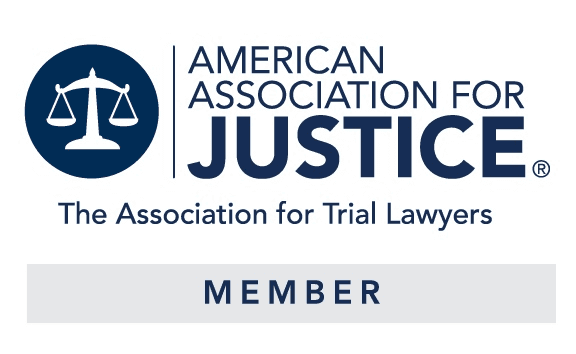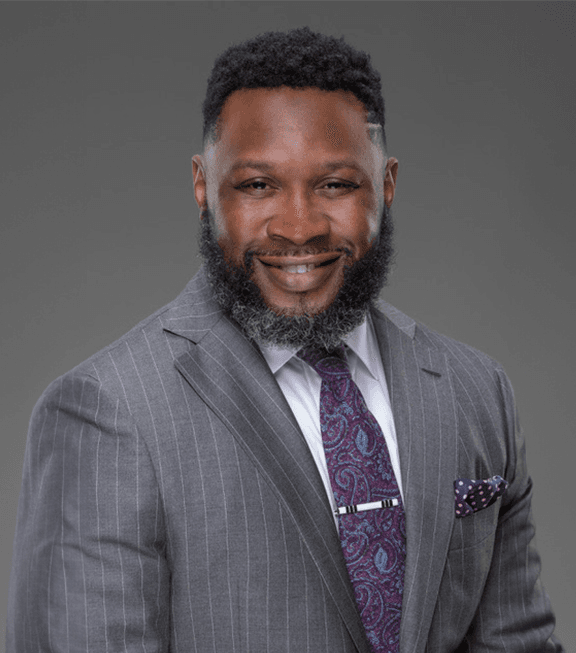
How Much Is My Personal Injury Case Worth?
If you’ve been injured due to someone else’s negligence in Georgia, one of your first questions is likely: “How much compensation can I receive?” The answer depends on several key factors—ranging from the severity of your injuries to how much the incident has disrupted your daily life. While every case is unique, understanding the legal framework and valuation criteria can help you make informed decisions about your claim.
In this guide, we’ll break down what influences the value of a personal injury case, what types of damages you can recover, and how insurance companies and courts calculate compensation.
Factors That Can Influence the Value of Your Personal Injury Case
Several elements play into the total worth of your injury claim. Among the most important are:
1. Severity of Injuries
Serious or catastrophic injuries (e.g., brain trauma, spinal damage, or amputations) often demand higher compensation due to their long-term impact on your health, lifestyle, and ability to work.
2. Medical Treatment
Your past and future medical expenses form a core component of your claim. These include:
 Emergency room visits
Emergency room visits Surgeries
Surgeries Physical therapy
Physical therapy Prescription medication
Prescription medication Assistive devices and rehabilitation
Assistive devices and rehabilitation
3. Lost Wages & Earning Potential
If your injuries keep you from working, you can seek compensation for both temporary income loss and future earning capacity if your ability to work is permanently impaired.
4. Pain and Suffering
This includes physical discomfort, emotional distress, anxiety, PTSD, or loss of enjoyment in life. These damages are subjective and often require thorough documentation and persuasive legal advocacy.
5. Property Damage
Vehicle repairs, replacement costs, or damage to personal belongings are typically included in your economic damages.
6. Contributory Fault
Georgia applies modified comparative negligence. If you're found 50% or more at fault, you cannot recover damages. If you're less than 50% at fault, your compensation is reduced proportionally.
Types of Damages You Can Recover in Georgia
Georgia law allows injured parties to pursue three types of damages:
1. Economic Damages (Tangible Losses)
 Medical bills (past and future)
Medical bills (past and future) Lost wages and earning capacity
Lost wages and earning capacity Property damage
Property damage Travel and out-of-pocket expenses
Travel and out-of-pocket expenses In-home care and medical equipment
In-home care and medical equipment
2. Non-Economic Damages (Intangible Losses)
 Pain and suffering
Pain and suffering Emotional distress
Emotional distress Loss of enjoyment of life
Loss of enjoyment of life Loss of companionship or consortium
Loss of companionship or consortium
3. Punitive Damages (In Rare Cases)
Punitive damages are awarded only in extreme cases of malice, fraud, or gross negligence. They are designed to punish and deter future misconduct, not to compensate the victim.
How Settlements Are Calculated
Most cases are resolved through settlement negotiations rather than trials. Two common calculation methods include:
1. The Multiplier Method
Your total economic damages are multiplied by a factor (typically between 1.5 and 5) based on the severity of your injury and suffering.
Example:
$30,000 in economic damages × 3 (moderate pain and suffering) = $90,000 total claim value
2. The Per Diem Method
This method assigns a daily value to your suffering and multiplies it by the number of days between the accident and your maximum medical improvement (MMI).
Example:
$250/day × 180 days = $45,000 in non-economic damages
Insurance adjusters often use software tools like Colossus to value claims—typically resulting in low initial offers. An attorney can counter these tactics effectively.
Why a Case Might Go to Trial
Although most cases settle, litigation may become necessary under these conditions:
 Liability is denied by the insurance company
Liability is denied by the insurance company Settlement offers are unreasonably low
Settlement offers are unreasonably low Complex facts (e.g., multiple liable parties, long-term medical care needs)
Complex facts (e.g., multiple liable parties, long-term medical care needs) Disputes over damages or causation
Disputes over damages or causation
While a trial may extend your timeline, it can lead to a significantly higher payout—especially if a jury finds in your favor.
How a Lawyer Can Help Maximize Your Claim
An experienced Georgia personal injury lawyer can dramatically influence the outcome and value of your case. Here's how:
Legal Strategy and Evidence Collection
 Gathering medical records, bills, and employment data
Gathering medical records, bills, and employment data Consulting expert witnesses (e.g., doctors, accident reconstructionists)
Consulting expert witnesses (e.g., doctors, accident reconstructionists) Securing eyewitness testimony and video evidence
Securing eyewitness testimony and video evidence
Negotiating with Insurance Companies
 Countering lowball settlement offers
Countering lowball settlement offers Presenting a compelling damages narrative
Presenting a compelling damages narrative Avoiding statements that could harm your claim
Avoiding statements that could harm your claim
Trial-Readiness
Even if your case never sees the courtroom, having a lawyer prepared for trial puts pressure on insurers to offer a fair settlement.
Get Help From a Lawrenceville Personal Injury Lawyer
If you’ve been hurt due to someone else’s negligence, don’t guess at the value of your case—or leave money on the table. The attorneys at Lawson Personal Injury are ready to fight for every dollar you deserve.
Georgia Personal Injury Lawyers
We focus exclusively on serious personal injury cases, including:
Assault Injuries
Bad Faith Insurance
Bicycle Accident
Brain Injury
Bus Accidents
Car Accidents
Catastrophic Injuries
Child Injuries
Construction Accidents
Dog Bites
If your life was disrupted by someone else's negligence, we're here to restore your power through the law.











